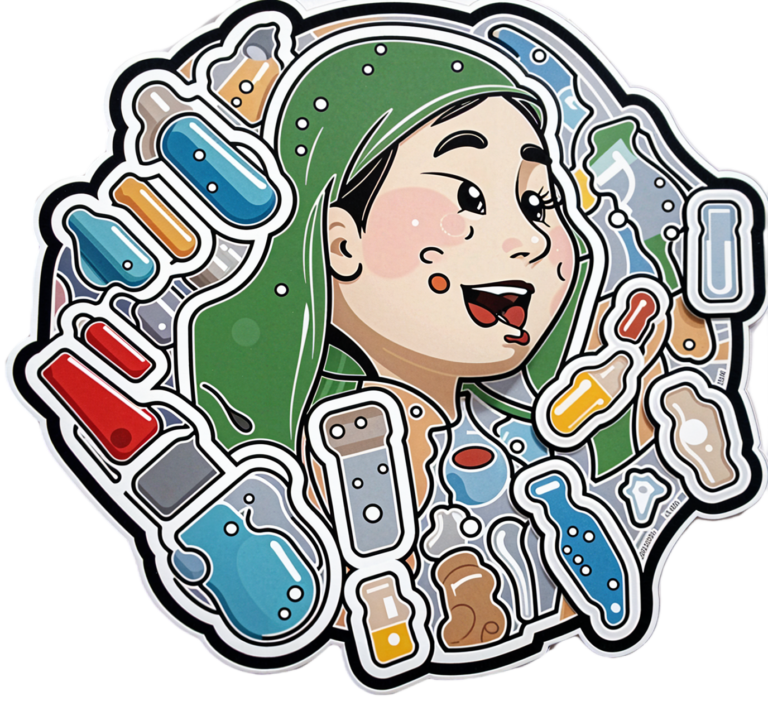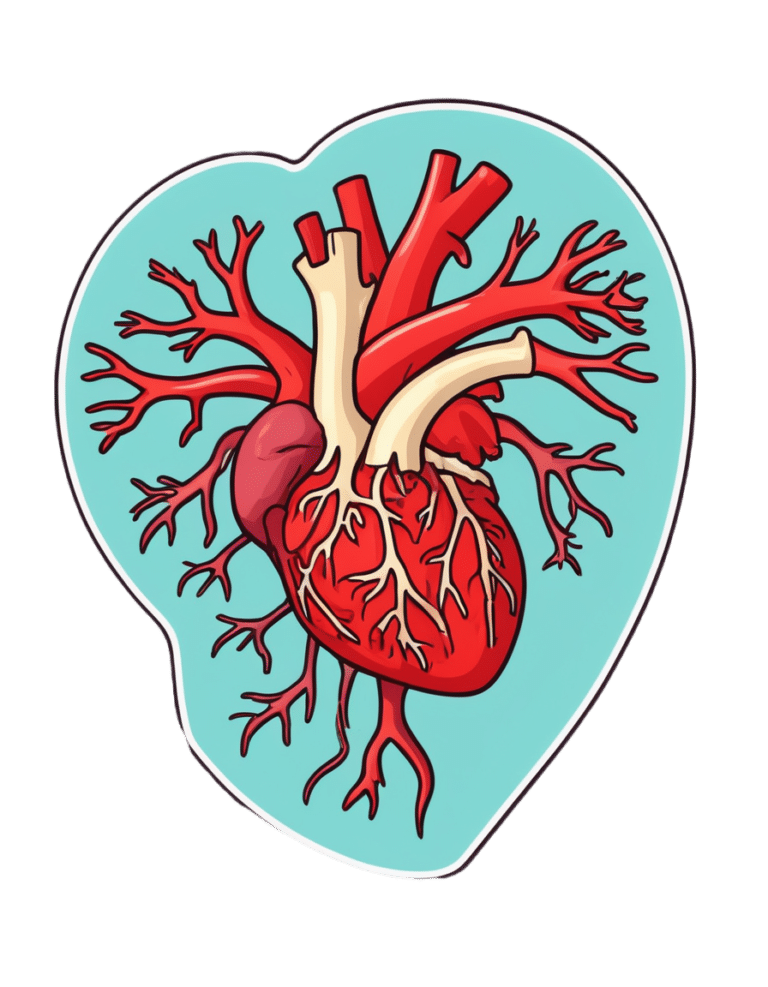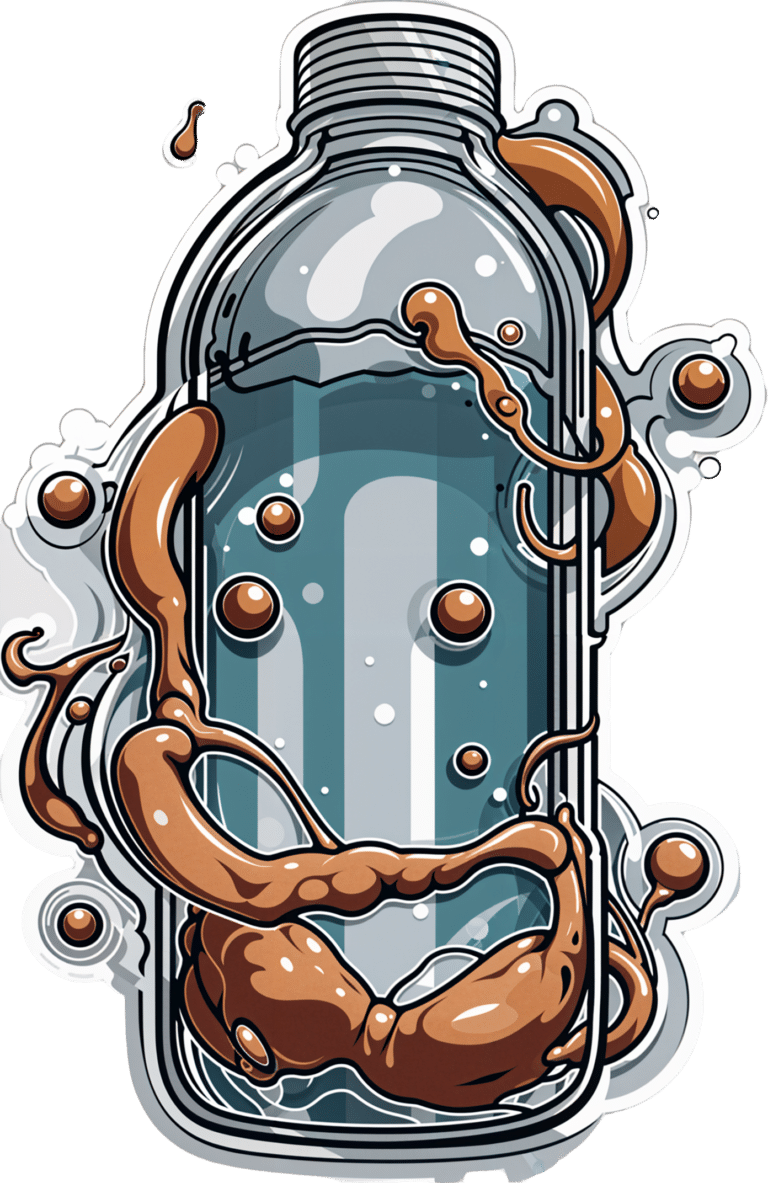
Long COVID is real—here’s how patients can get treatment and support
Needs on Long COVID: Managing symptoms sans FDA-approved treatment, accessing government benefits, and reducing reinfection risks.
What’s the difference between autism and Asperger’s disorder?
Autism vs. Asperger’s: Understanding the shift to Autism Spectrum Disorder and embracing neurodiversity.
Kate Middleton is having ‘preventive chemotherapy’ for cancer. What does this mean?
Princess of Wales, Catherine, is receiving preventative chemotherapy to impede cancer recurrence after surgery, raising questions about this treatment’s purpose and efficacy.
How they did it: STAT reporters expose how ailing seniors suffer when Medicare Advantage plans use algorithms to deny care
STAT’s investigative reporting prompts U.S. Senate inquiry, House member action, CMS investigations, and class-action lawsuits over insurance algorithms impacting patient rehab care.
Why scrapping the term ‘long COVID’ would be harmful for people with the condition
Queensland health chief John Gerrard’s call to abandon the “long COVID” term challenges sufferers and medical consensus, sparking controversy and concern among patients and experts alike.
Half of Australians in aged care have depression. Psychological therapy could help
New research indicates psychological therapies could be a beacon of hope for older Australians in aged care battling depression.
We created a VR tool to test brain function. It could one day help diagnose dementia
Worried about memory loss? Early diagnosis of cognitive impairments could be revolutionized by Virtual Reality, offering a more engaging and effective screening tool.
It’s Not Fantastic To Be Plastic
Delving into the tiny but significant world of microplastics and nanoplastics, their ominous presence in bottled water, artery plaque, and potential health hazards.
Microplastics found in artery plaque linked with higher risk of heart attack, stroke and death
Microplastics in artery plaque may heighten heart attack, stroke, and death risks, challenging our understanding of their health impacts.
Study links microplastics with human health problems – but there’s still a lot we don’t know
New study associates microplastics in carotid artery plaque with increased heart attack and stroke risk – the call for caution intensifies.
Learn To Grow
Sign up for weekly gardening tips, product reviews and discounts.
Age Gracefully
Using Science to Help You Age Gracefully
10almonds is reader-supported. When you buy through links on our site, we may earn an affiliate commission. As an Amazon Associate, we earn from qualifying purchases.










